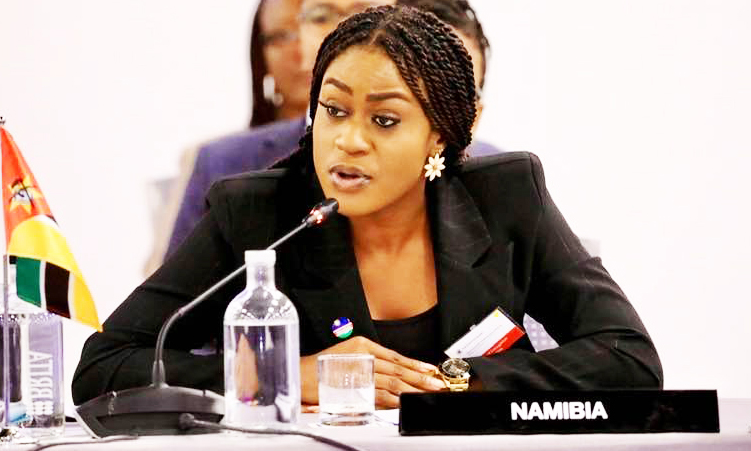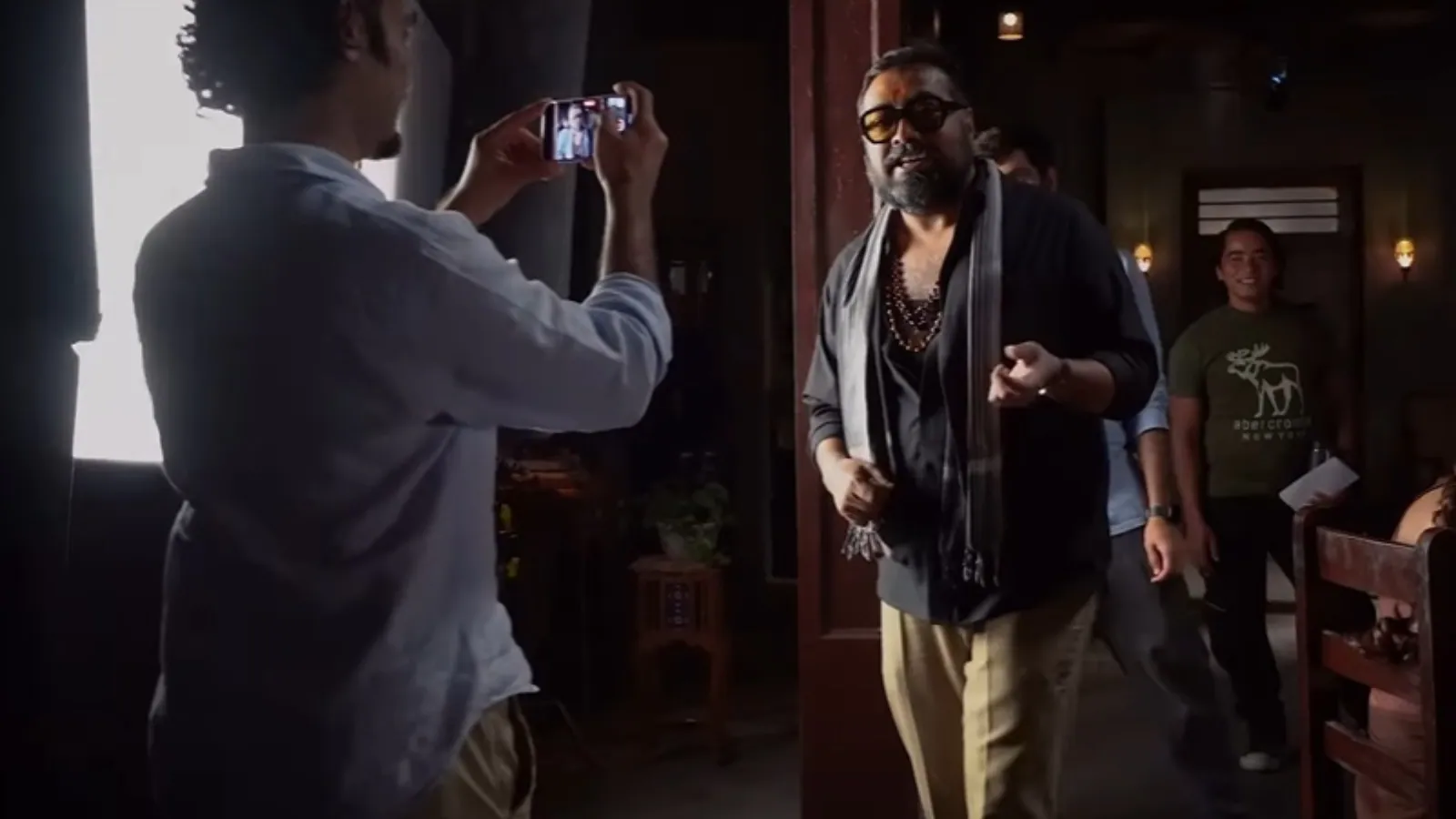By Puyeipawa Nakashole
Copyright namibian

The Ministry of Health and Social Services says it could potentially save more than N$221 million by cutting out middlemen and buying essential medicines and clinical supplies directly from international manufacturers.
Health minister Esperance Luvindao announced this during a press briefing on Namibia’s pharmaceuticals situation yesterday.
The minister has heeded the call of president Netumbo Nandi-Ndaitwah when she vowed two months ago that Namibia would soon buy pharmaceuticals and medical supplies directly from suppliers.
The ministry has in the past accused business people who have benefited from the health tender system of trying to undermine Luvindao.
They in turn accused the minister of disregarding procurement laws by directly contacting manufacturers.
Yesterday, Luvindao said the ministry would consider cost-cutting measures and shift to direct sourcing as part of wider reforms to address persistent medicine shortages at the country’s public health facilities.
She said emergency procurement protocols were activated on 13 August in response to widespread shortages of essential medicines.
“To ensure continued access to life-saving medication, the ministry is now procuring directly from international manufacturers and wholesalers under emergency provisions of the Public Procurement Act of 2015,” Luvindao said.
“By going directly to the source, we can ensure we are obtaining the best possible prices, quality and quantities, thus stabilising the stock of our medicines and essential clinical supplies over a long duration,” she said.
The minister said offers received from 41 pre-qualified manufacturers and wholesalers have already shown potential savings of about N$221 million, compared to prices paid through intermediaries.
“In both cases, our efforts have proven that better value for money and more stock of the same quality could be procured for the benefit of the public health system and the Namibian public,” she said.
During the press briefing, Luvindao also revealed that the ministry spends close to N$1.9 billion, about 15.5% of its annual budget, on pharmaceuticals and clinical supplies.
However, recurrent stock-outs have plagued health facilities across the country, with the Central Medical Stores reporting a service level of below 57% in the past two financial years, compared to the required 80%.
Prominent ophthalmologist Dr Helena Ndume last year said middlemen have delayed the provision of healthcare services.
“We are suffering today in our health ministry because of these middlemen and tenderpreneurs. That’s why we don’t even have medicine in our hospitals today, because they are busy suing each other. Suddenly, we cannot get medicine any more because of that and people are dying. It is not nice,” she told New Era.
SHORTAGE HEADACHE
Luvindao attributed the shortages to inefficient procurement systems, a lack of long-term contracts, global supply chain disruptions, and limited warehousing capacity.
She said the ministry is now finalising two-year supply contracts through the Central Procurement Board of Namibia, after years of delays caused by legal challenges.
This move, she said, would help Namibia move from a reactive to a proactive procurement approach by securing long-term agreements with manufacturers.
The minister said the ministry is also working on consolidating its warehousing system into a single secure facility, introducing track-and-trace barcoding, and tightening accountability in the supply chain to prevent theft and the misuse of stock.
“We are addressing this challenge head-on with determination and resolve. We plan to restore optimal supplies of pharmaceuticals and clinical items over the coming weeks. This is our commitment to you,” she said.
The Namibian has been informed that a group of medical doctors are planning to write the president a letter to complain about the shortage of medicine at state hospitals.
The doctors met with the executive director of health and social services Penda Ithindi recently to discuss removing intermediaries.
“We cannot feel the impact of removing middlemen. Hospitals still don’t have medicine, and people are dying,” one doctor said.
Last month, The Namibian reported that Luvindao has begun directly engaging international medical suppliers and manufacturers to buy medicine, bypassing Namibian middlemen suppliers.
Health tender players have been concerned about the minister’s decision to directly engage suppliers.
PRESIDENTIAL ORDER
Nandi-Ndaitwah in July announced that Namibia would soon buy pharmaceuticals and medical supplies directly from suppliers to cut costs and ensure faster delivery of medicine to the public.
She said this on the occasion of her 100th day in office.
“We have commenced bilateral engagement with the governments of Egypt and India towards establishing a transparent procurement system that would enable the government to procure pharmaceuticals and supplies directly and no longer through middlemen,” she said at the time.
Former deputy minister of health and social services Juliet Kavetuna has applauded the health ministry for eliminating the use of middlemen.
“This is not the first time the ministry is ordering medication from suppliers. The first time we did that was when we ordered antiretroviral therapy tablets directly from suppliers and saved about N$20 million,” she said.



